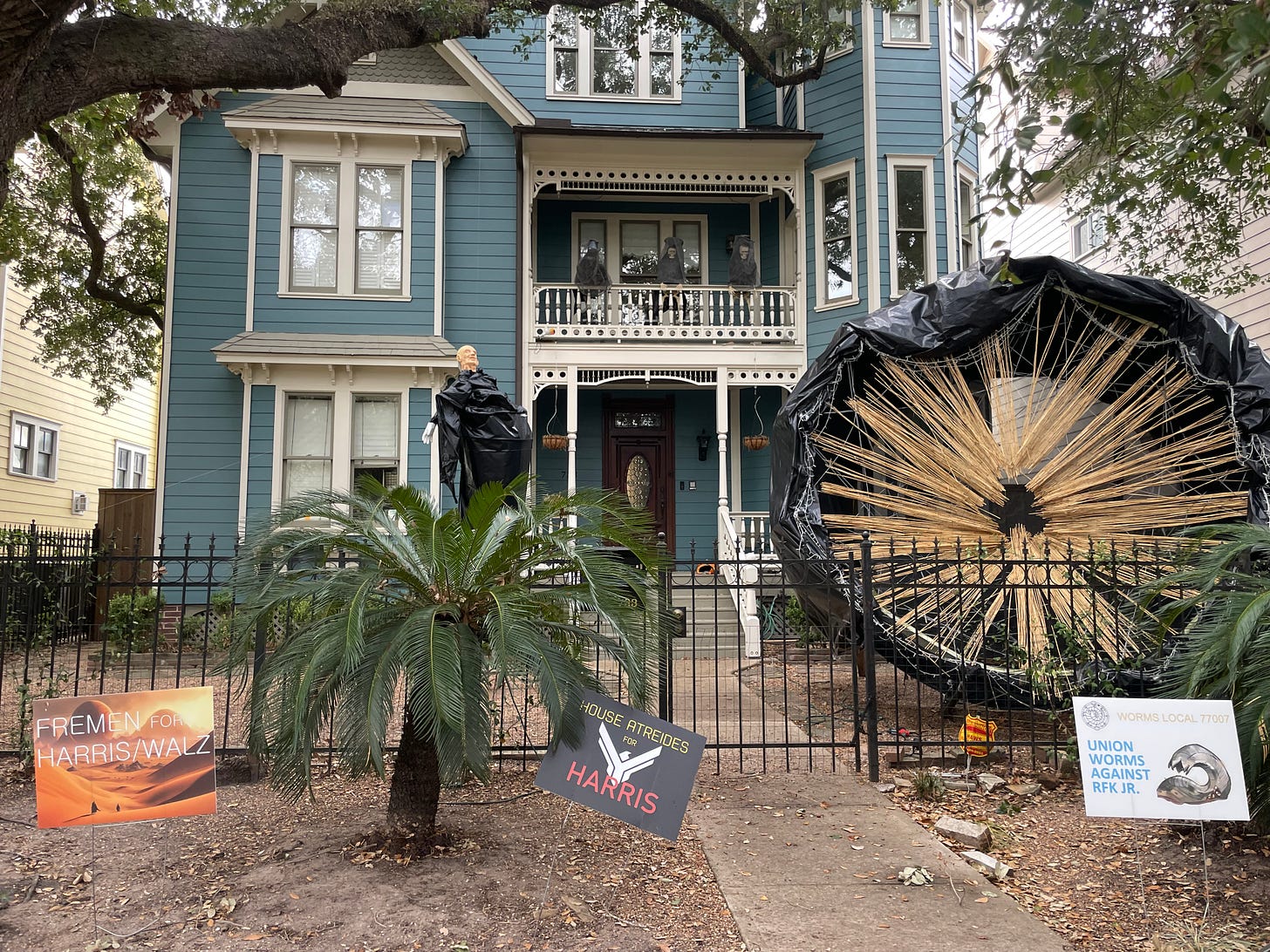About a month ago, my family got some news straight out of a daytime soap opera.
Imagine the scene: the last soggy days of Houston’s ever-lengthening summer are digging in their heels. My mom is out walking the dog through our neighborhood when she gets a rare call from her younger brother. She paces up and down our street, listening to a story of hidden cottages and document destruction and forbidden love. At the end of it, the days-of-our-lives style bombshell, from a distant relative named Katja1.
My grandfather had a half-sister he never met. His father, my great-grandfather, was a German Jew who fled during the Holocaust, leaving behind family members and an illegitimate child with a Protestant woman. He changed his name and identity, and never spoke of what he left behind. Fred Norten I, the man for whom several generations of firstborn sons were named, was actually Siegfried Nathan.
This news was only somewhat surprising. For decades, my mom’s side of the family has treated its origins as an open secret. My great-grandfather never spoke of his life before America; the silence alone was a sign that he’d lived through something unspeakable.
My grandfather, his son, was well into his 30s and with children of his own before he had the courage to ask about his origins. They talked about it exactly once; my great-grandfather in no uncertain terms, admitting his background but vehemently foreswearing his history. The Third Reich had forced him into hiding, destroyed his home, and killed his relatives. How could he call himself German, or Jewish, after that? It was in America that he’d found safety and solace; it was under his new, anglicized name that he rebuilt his life. He died without telling us about the other child, or ever returning to Germany.
So the arrival of Katja, the daughter of my grandfather’s sister, into our lives has opened up a treasure trove of untouched family history. With the help of a few ancestry.com type-sites2, we’ve stitched together puzzle pieces that no one ever imagined finding; name-change certificates, ships’ manifests, and even a little tribute street in Viersen, the town of my great-grandfather’s birth.
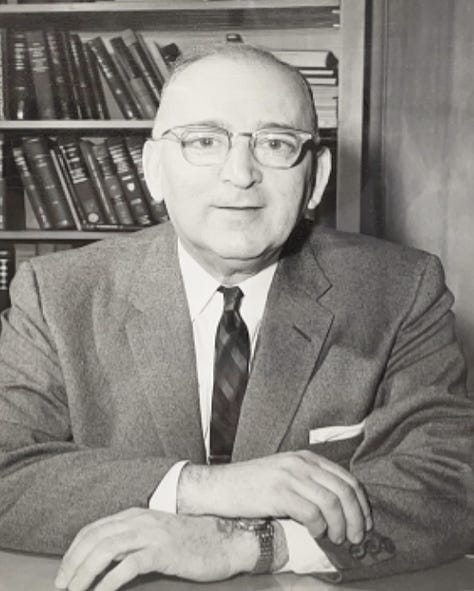
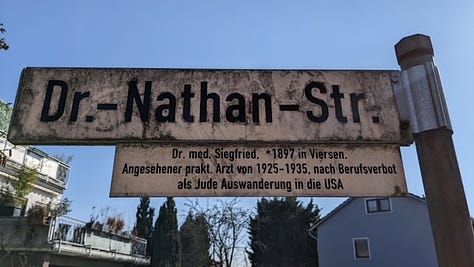

I’m grateful that Katja contacted us. The last month has brought a sense of understanding and closure that my grandfather never received in his lifetime, even if it has opened up new questions for all of us, and reflects a man with a complicated history.
I find myself wondering — how bad must things have gotten, how fearful and angry and harmed must my great-grandfather have been, to bury so much of himself from his own children, here and abroad?
But we also have some family history from the other side of the Holocaust.
My Oma was a petite but feisty woman from West Germany. As the youngest of 5 and the only girl among a cadre of hulking blonde brothers, she was accustomed to life as the baby and the free spirit. The earliest years of her life were spent as a small-town Catholic under the Nazi regime; she remembered the first decade of her life in terms of famine and fear, scarcity and hate.
Oma left Germany in her 20s and rarely looked back. She met my Opa, a Polish-Jewish-atheist, in the United Kingdom; they had a shotgun wedding and moved to the states. As a couple, they didn’t care for religion, but they cared deeply about freedom. And science. And equality. I owe much of who I am today, with my passion for climate action and my insatiable curiosity, to the both of them. I still think about their story of immigration and bravery, of love across geographic boundaries, and time. I’m grateful that they raised my father, and he me, in close contact with our family on the other side of the Atlantic.
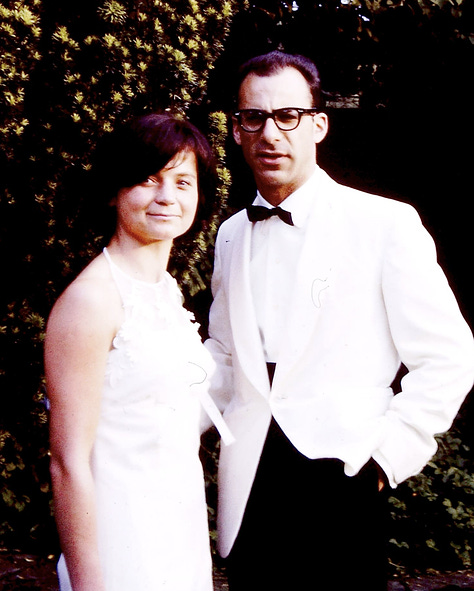
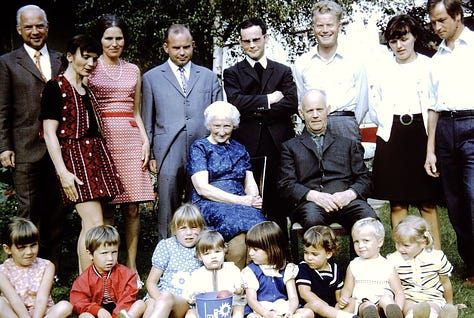
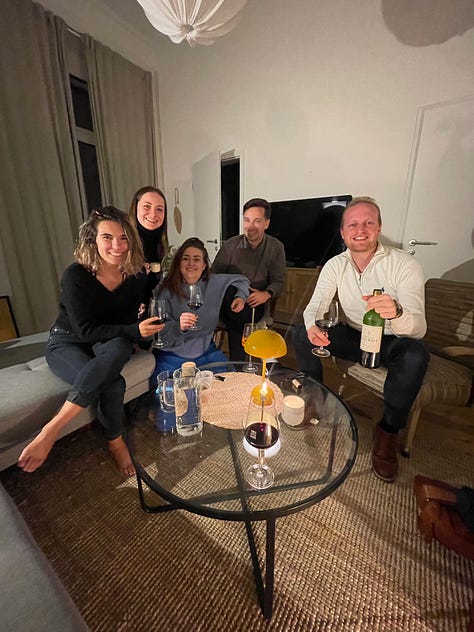
By 2016, my Opa had passed, and my Oma was retired to Florida. Her mind was starting to waver, but one thing she felt very strongly was shock and horror from Trump’s election. She recognized, I think, in his rhetoric, much of the vitriol of her childhood. She was not shy about shouting how much Trump reminded her of Hitler. She had grown so proud to be an American, and was fearful of how the good that this country had meant for her could be taken away, or denied from others.
She proudly cast her last ballot in 2018 — a midterm vote for Beto O’Rourke in an election that came unprecedently close to unseating Ted Cruz3.
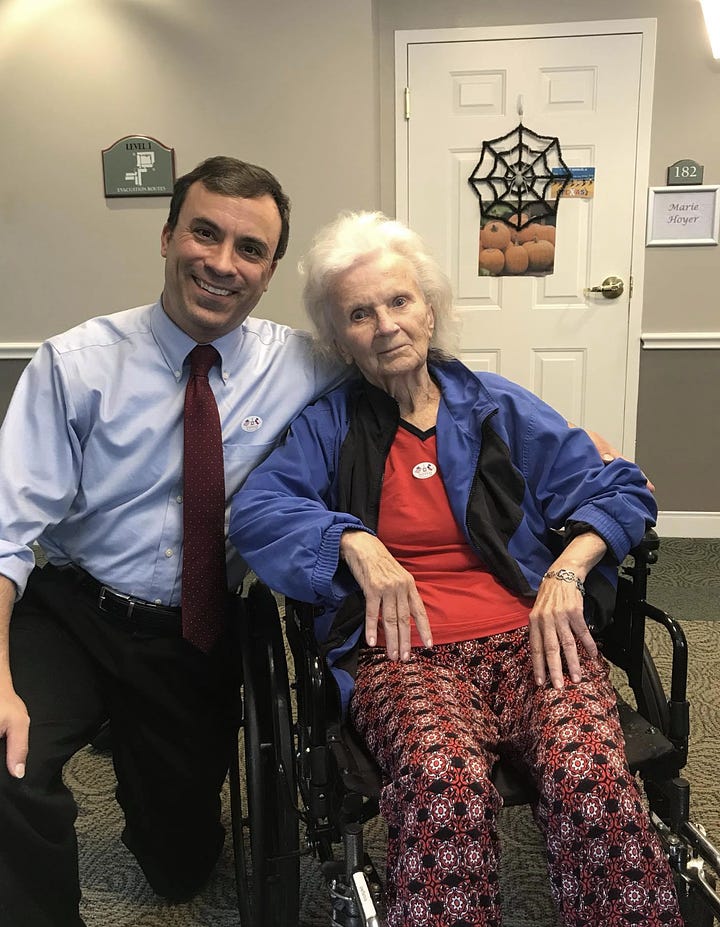
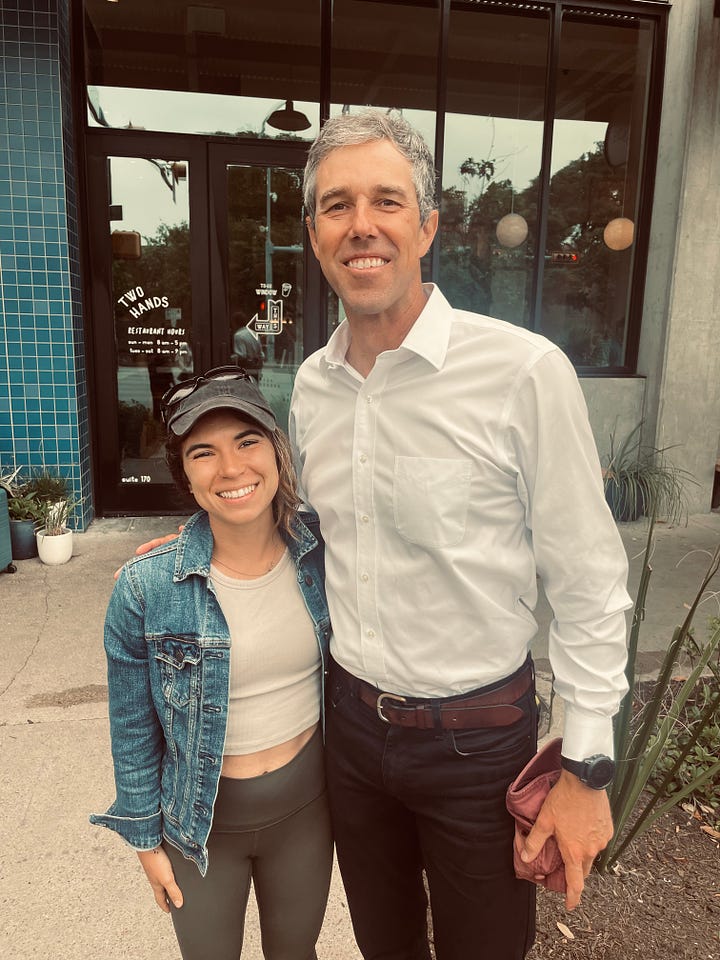
While I’m still sad that my Oma didn’t live to celebrate Biden’s victory in 2020, I’m dismally glad that she didn’t see Sunday’s rally in Madison Square Garden. The spectre of hurtful, racist rhetoric would have loomed large in her mind. When retired Marine General John Kelly called Trump a facist, it set off yet another media blitz, which I didn’t care much for; I’d already heard the same words from a wiser woman, time and time again.
A few days ago, my mom and I went to vote early in Houston. The queue was short4 but the booths were packed; the diversity of afternoon voters reflected the quirky, evolving makeup of the city. It was actually my first time voting in-person; the milestone was somewhat eclipsed by the solemnity of the moment. I clicked through seventy-odd screens, for our next president, but also for dozens of local judges and some flood control funding. I got my sticker, and I went home.
Afterwards, I walked around my blue neighborhood in a blue city in a red state. The occasional Trump sign was outweighed handily by the cheeky “Doin’ The Harris County Walz”5 signs, but my mind flashed back to inner-city Milwaukee, to rural California, to Ohio. After eight years of exploration and experience, I now know a bubble when I see one; although I love my bubbles (Berkeley, Charlottesville, the Heights), I’ll never again make the mistake of getting trapped in them.
There’s a lot to be said about the upcoming election. I won’t say much more of it here — ya’ll can guess my political affiliation, and are better off reading the actual journalists for the arguments and the facts.
No matter what happens on Tuesday or in the months that follow, I’ll cherish and look back on the months of generosity I’ve received biking 4,000 miles across the country. From old friends to new, across the politicial spectrum, I’ve seen firsthand how there is so much more to America, this country of promise and potential, than what the media wants us to believe — on either side. I’m exasperated with the gridlock and the politicking; I’m angry that the party that has taken up the mantle of protecting democracy didn’t afford constituents a voice in a primary. I’m frustrated that social media has given the collective us a short-term memory and a distrust of climate science.
And yet.
What an incredible thing, America has been to all of us. This vast, weird, beautiful, sometimes disturbing country where we can spin out from salt flats to Sierras, trek through deserts and sit chockablock on freeways. A country where a Jew can marry a Catholic and move into Protestant suburbs; a country where a man can remake himself if he needs to, a country where a woman can move and work and earn and laugh and be.
The only country in the world where my family’s story could have come true. A country where I hope many others will still have the right to write their own odysseys, their tales of love and promise and potential, for decades to come. An imperfect country for an imperfect life, sure — but a place we still have agency — political and personal, to make better every day.
At the very least, I hope you vote in this election. For yourself, for your loved ones, for those who can’t — or won’t. It’s one of many small things we can all do for tomorrow, for yesterday, for today.
Name changed.
Shoutout, by the way, to FamilySearch and the Church of Jesus Christ of Latter-Day Saints, which has collected the world’s largest online and offline database of genealogical records, due to the Mormon belief in post-death baptism.
Cruz is on the ballot again this year, in what is surprisingly, one of the closest senate races in the country (and most expensive).
Meanwhile, a friend in swing state Pennsylvania faced a 2.5 hour line on the very same day.
Yes, it’s called Harris County.




